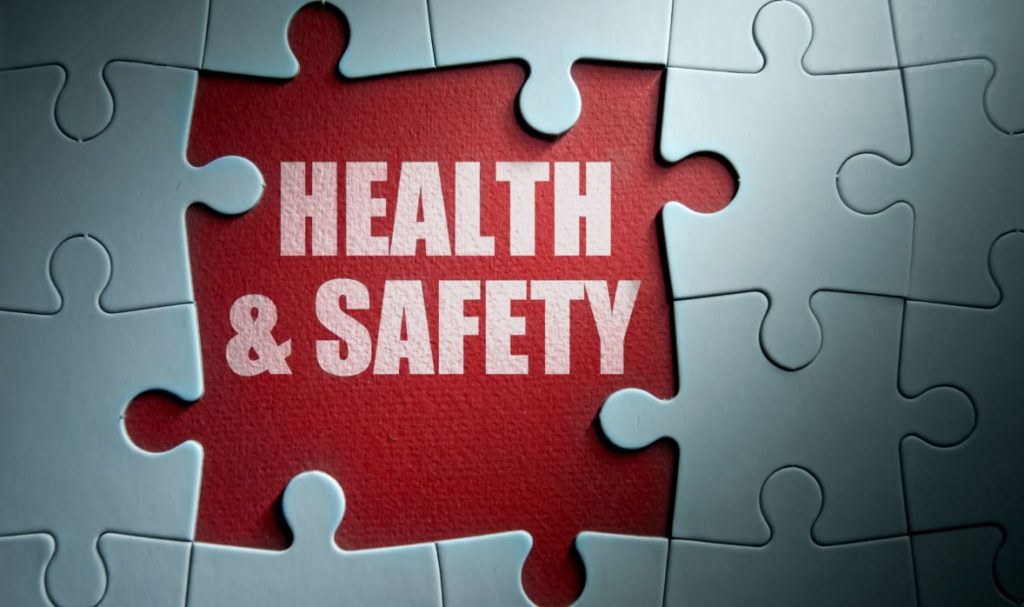Health and Safety
All employers are obliged to provide a safe working environment. They have a duty of care to anyone they employ. If the workplace is not a safe place in which to work, then your employer is breaking the law. They should also provide the right training and equipment before asking you to carry out a task that presents a danger to you. If you get injured because of an unsafe workplace, you should take action. This article ‘Do I Have a Claim With Workplace Accident Lawyers’ will help you out. Know about your workplace safety before you begin on a job that requires physical work in strenuous or dangerous conditions. Ask your HR department or your supervisor about workplace health and safety rules and what all you must know to keep safe and healthy at the workplace.
Wages
There are plenty of laws around the minimum wage. They apply differently to different situations. For example, there are age differences. So, people under 25 can be paid less than those who are above that age. Make sure you do some digging and find out what minimum wage level applies to you. And then make sure that it’s enforced. An employer paying below the minimum wage is very serious.
Holidays and Holiday Pay
As an employee, you have the right to holidays and holiday pay. For people who are employed on a full-time basis, they are entitled to 5.6 weeks of leave each year. That’s the minimum amount, and some employers might choose to offer more to their employees. There are different laws for other kinds of employees, so make sure that you find out which rules apply to you.
Discrimination and Bullying
Discrimination is a form of unfair treatment that is given for various reasons. It could be discrimination on the basis of age, race, sex or religion. There are also different forms of discrimination, such as harassment or victimisation. This, as well as direct bullying in the workplace, is against the law. If you are the on the receiving end of this kind of treatment, you should make a complaint.
Sickness
Statutory sick pay is the level of pay that you are entitled to from your employer when you’re not able to work due to sickness. There are some criteria you have to meet to qualify for this. You have to have done at least one day’s work before claiming it. And you have to have been sick for more than four days in a row before claiming it.
Written Terms of Employment
Within two months of starting work for a company, you should be given your written terms of employment. This normally comes in the form of an employment contract. The written terms should outline your job description, pay rate, hours, holidays and pension schemes. If you are not given written terms, be sure to ask for them.
